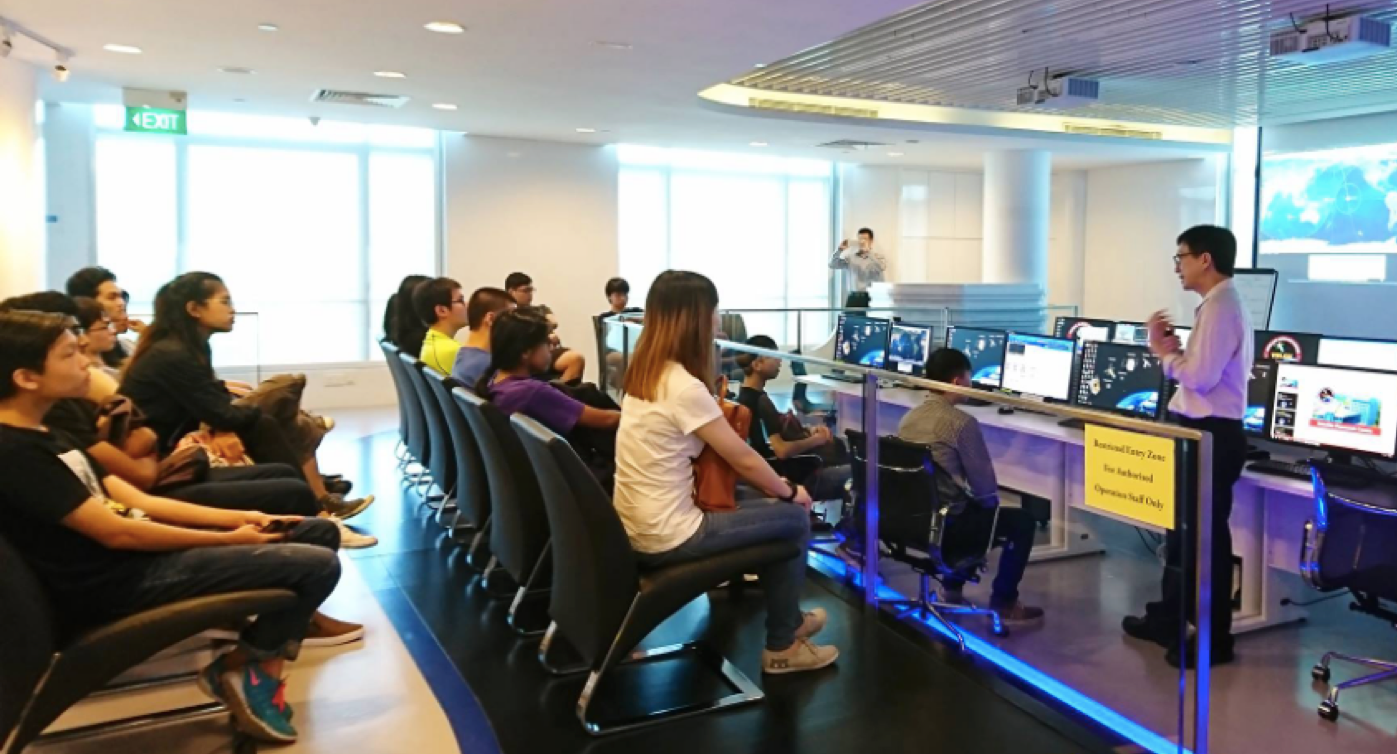Good news for poly students.
From 2020, both Nanyang Technological University and the National University of Singapore will get rid of the 20 per cent weightage currently given to O-Level results.
Instead, polytechnic graduate applicants will be assessed mainly on their Grade Point Average.
According to the Ministry of Education (MOE), this will be a fairer and more accurate reflection of the knowledge and skills polytechnic graduates have learned.
However, if the graduate so chooses, they can still submit their O-Level results during their application as relevant information in support.
Better for recognising late bloomers
According to MOE, the new policy was serves to evaluate students more holistically, and spot the late bloomers.
By assessing polytechnic graduates primarily based on their latest academic qualification, i.e. their polytechnic GPA, we can better recognise late-bloomers and those who have done well in polytechnics, or after discovering their interest when they are older. This is in line with the current treatment of students with A-Level or International Baccalaureate qualifications.
This would allow the universities to consider factors other than academic results when offering university places.
[related_story]
Centralised online portal for DSA
In addition, there will be a change to the Direct School Admissions (DSA) scheme.
Starting from 2019, every school offering Secondary 1 places through the scheme will use a centralised online portal.
This will make it easier for students to apply for multiple schools through the DSA, as they will only need to fill out one online form.
To encourage students from all backgrounds to apply, applications made through the portal will be free-of-charge.
"Application through the portal is free-of-charge, to remove financial barriers for any student with talent and potential, and to encourage students, regardless of background, to apply for DSA.
Students can apply through the portal via one of their parents’ SingPass login. Parents who do not have access to SingPass can approach their child’s primary school for assistance."
Top image from NTU EEE's Facebook page.
If you like what you read, follow us on Facebook, Instagram, Twitter and Telegram to get the latest updates.
